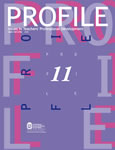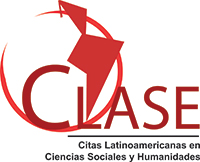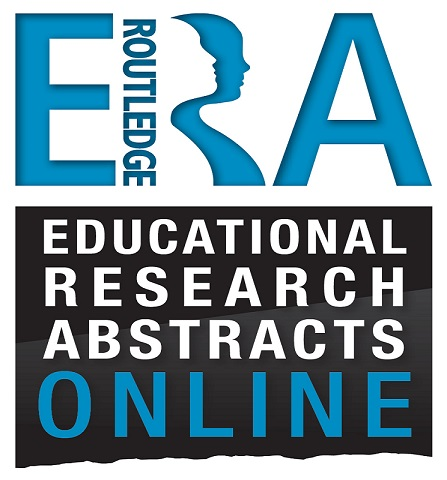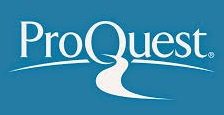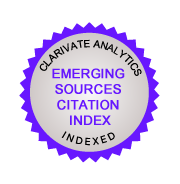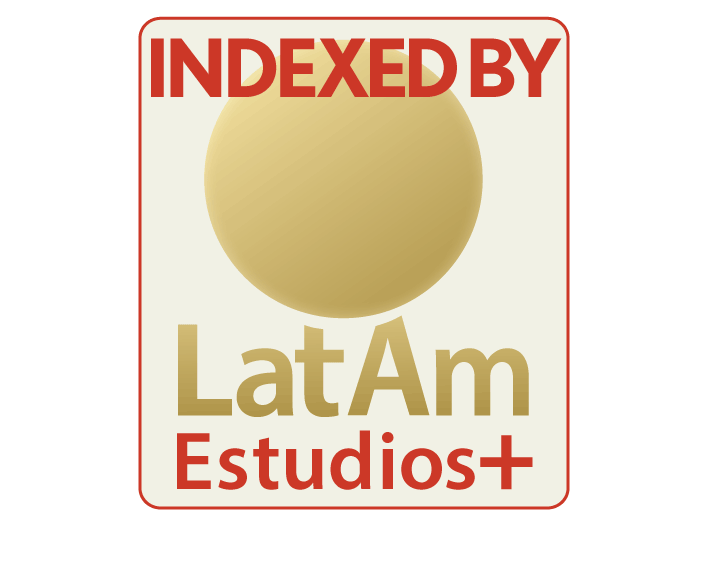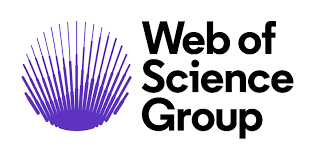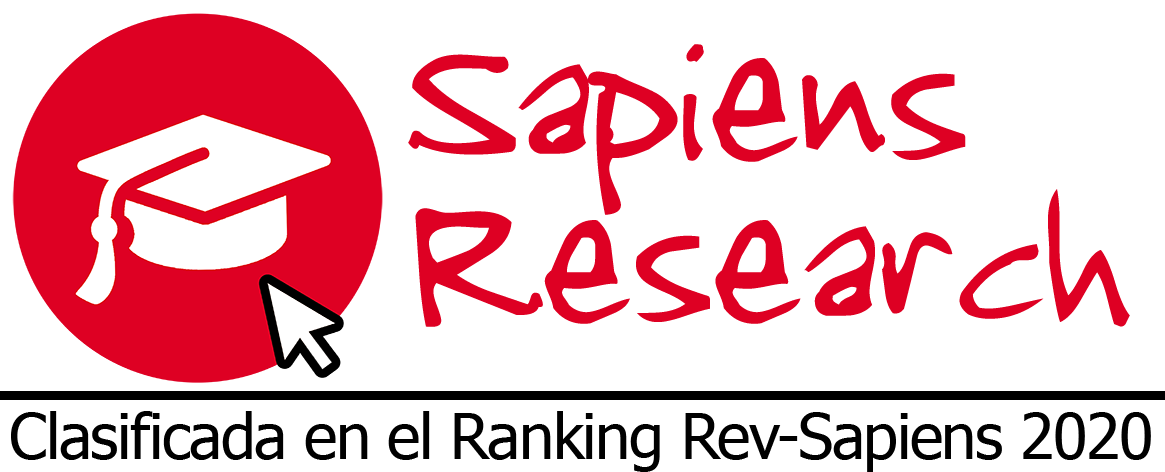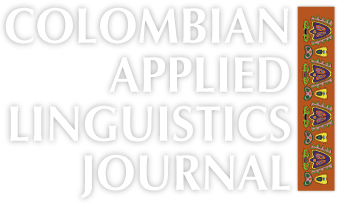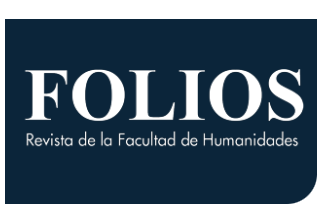Editorial
This issue contains eleven papers concerning English language teaching (ELT), language policies, and teacher education. All of them are based on research in different settings and give us the chance to reflect upon implications for teaching practices, policy making and implementation.
Editorial
“[…] We propose that as teacher research of various kinds accumulates and is more widely disseminated, it will present a radical challenge to current assumptions about the relationship of theories and practice, schools and universities, and inquiry and reform”1.
PROFILE, as well as other publications in the area of English language teaching in Colombia, has witnessed how the teacher research movement has grown and become stronger in the past few years. This has been so thanks to the sustained work of recognized research groups as well as the involvement of less experienced teacher educators, school teachers, and novice teachers who have decided to incorporate the research activity into their teaching job. In addition, the reforms most initial teacher education programmes have undergone, as a means to bridge the gap between theory and practice, have had an impact on the attention given to the teaching and development of the research skills of pre-service teachers. Likewise, several professional development programmes include innovation and action research in their curricula as alternatives to systematically examine teaching practices and, hence, encourage change.
As Cochran-Smith & Lytle (1993) point out, the teacher research movement has contributed to building up knowledge, to upholding scientific publications, and to providing input for new ones, all of them with the purpose of making research results public and providing more opportunities for critical examination of our work products. Furthermore, knowledge accumulated through reflections, innovations, and investigation from inside (our own classrooms and teaching practices) gives us the chance to think over theories (from outside), to examine local and universal knowledge and, hopefully, to provide sound frameworks for policy making and educational reforms.
As our readers might remember, in 2008 we decided to become a biannual publication. This has made our work more demanding and represented more challenges. Luckily, we continue getting the support of our reviewers and new specialists have lately expressed their willingness to be part of our advisory board. This time I want to welcome Professors Flávia Vieira (Universidade do Minho, Portugal), Sue Garton (Aston University, U.K.), Ann M. Johns (San Diego State University, USA), Ana Maria Ferreira Barcelos (Universidade Federal de Viçosa, Brazil), Danuta Wisniewska (Adam Mickiewicz University, Poland), José Villalobos (Universidad de Los Andes, Mérida - Venezuela), Gabriel Díaz Maggioli (Administración Nacional de Educación Pública - Ministry of Education, Uruguay), Martha Lengeling (Universidad de Guanajuato, Mexico), and Marcela del Campo (Universidad Nacional de Colombia, Bogotá). A word of gratitude to them for having accepted our invitation and for their help in evaluating articles submitted for publication in our journal.
This issue contains eleven papers concerning English language teaching (ELT), language policies, and teacher education. All of them are based on research in different settings and give us the chance to reflect upon implications for teaching practices, policy making and implementation.
We begin with a report on an action research and innovation project carried out by Sandra Juanita López Clavijo, a teacher in a public school in Bogotá. The author describes the process followed to design an English syllabus with emphasis on chemistry, for 10th grade students. In addition, she highlights the opportunities a work like that contributes toward making English language learning meaningful and closer to students’ needs.
The next two articles deal with reading, an area of particular interest for English language teachers. Alex Poole provides a report on a study he conducted to find out which reading strategies are used by male and female Colombian university students. The results derived from a survey provide comparisons and ideas for teaching strategies. Afterwards, Jahir Aguirre Morales and Bertha Ramos Holguín share the results of a research project focused on guiding students in a semi-distance education program in the use of different reading strategies as a means to foster autonomous learning.
The fourth article, by Claudia Marcela Chapetón Castro, addresses the use and functions of discourse markers in the context of English as a foreign language with a non-native teacher of the language. The results inform us of the role discourse markers played in fulfilling a number of textual and interpersonal functions, as well as in the flow of the discourse generated in classroom interaction.
Initial teacher education is the area Claudia Rodríguez Ferreira concentrates on in the next paper. In it, she presents the results of a research study concerning the analysis of the process of evaluation in the teaching practicum of the undergraduate program in English language teaching at Universidad de la Amazonía, in Colombia. Findings also show which evaluation paradigm promoted the professional development of the student teacher and the connections with work conditions.
In the next section, two novice teacher researchers present the findings of investigations carried out in adult programs. Their papers, based on the monograph projects they developed as a requirement for their degree in English language teaching, evidence the increased interest of pre-service educators in classroom research and in making their results accessible to a wider audience. Andrés Roberto Rengifo writes about the study he conducted while using karaoke in class in order to help students improve their pronunciation in English. Then we can read Diana Isabel Cantor Barragán’s report on a study conducted in an efl blended course. It shows the main characteristics of discussion boards, which were used as a main activity in the alex Virtual English program at Universidad Nacional de Colombia, in Bogotá. Additionally, it describes students’ perceptions of the tool.
In the last two issues of our journal, we included papers concerning elt policies in the country which, according to our readership, have contributed to the discussion of policy-making and policy implementation. I am sure the following two papers will contribute to the discussion of education and language policy, and to the consideration of the teaching of culture in foreign language education at a time when teachers are compelled to homogenize education based on recently issued standards of competencies in the English language.
The article by Jaime A. Usma Wilches links education and language policy in Colombia by analyzing processes of inclusion, exclusion, and stratification in times of global reform and by examining the National Bilingual Program in connection with other education and language reforms that have taken place in the country. The author also draws our attention towards some interconnected processes that seem to be favored in international reform and are reflected in current national policy agendas: the externalization of policy discourses; the instrumentalization of languages; the stratification of groups, languages and cultures; and the standardization and marketization of foreign language teaching and learning.
The following paper concentrates on intercultural competence, an issue that has neither been explored much in the English language teaching area nor thoroughly considered in the recently issued standards for English language teaching in Colombia. Norma Barletta Manjarrés explains what this concept entails as well as examines the tensions between this new understanding of the teaching of culture and the prevailing teaching practices, approaches, beliefs and discourses associated with the learning and teaching of culture. Samples from a study which critically analyzed the academic discourses of in-service teachers in Colombia regarding the cultural component of foreign language programs are provided too.
In the same line of thought, Georgia Costalas’ piece of writing concentrates on intercultural communication between Colombian and American teachers, which results from her observations and analyses while working in multicultural environments for several years. The review of sources on intercultural communication allowed her to establish connections between language and culture and to derive some suggestions for overcoming intercultural communication difficulties.
Finally, Fanny Hernández, Omaira Vergara and Rosalba Cárdenas share the experience of a group of teachers in the classroom research seminar of a teacher development program as well as its framework, contents and the impact the seminar had on the teachers’ professional development and teaching practice. This report shows that although research activity poses more demands on teachers as regards their workloads, it certainly contributes to practitioners’ innovation, self-esteem and continuous preparation.
It is our purpose to continue making teacher researchers’ voices visible through publishing so that local knowledge circulates, connections between schools and universities become stronger through their knowing each other, and all of us learn more about English language teaching and professional development. We hope you enjoy reading the articles we carefully selected for this issue and look forward to your contributions for future editions.
Melba Libia Cárdenas Beltrán
Journal Editor
1 Cochran-Smith, M. & Lytle, S. (1993). Inside Outside. Teacher research and knowledge. New York: Teachers College Press, p. xiv.
References
Cochran-Smith, M. & Lytle, S. (1993). Inside Outside. Teacher research and knowledge. New York: Teachers College Press.
How to Cite
APA
ACM
ACS
ABNT
Chicago
Harvard
IEEE
MLA
Turabian
Vancouver
Download Citation
Article abstract page views
Downloads
License
Copyright (c) 2009 Melba Libia Cárdenas

This work is licensed under a Creative Commons Attribution-NonCommercial-NoDerivatives 4.0 International License.
You are authorized to copy and redistribute the material in any medium or format as long as you give appropriate credit to the authors of the articles and to Profile: Issues in Teachers' Professional Development as original source of publication. The use of the material for commercial purposes is not allowed. If you remix, transform, or build upon the material, you may not distribute the modified material.
Authors retain the intellectual property of their manuscripts with the following restriction: first publication is granted to Profile: Issues in Teachers' Professional Development.



